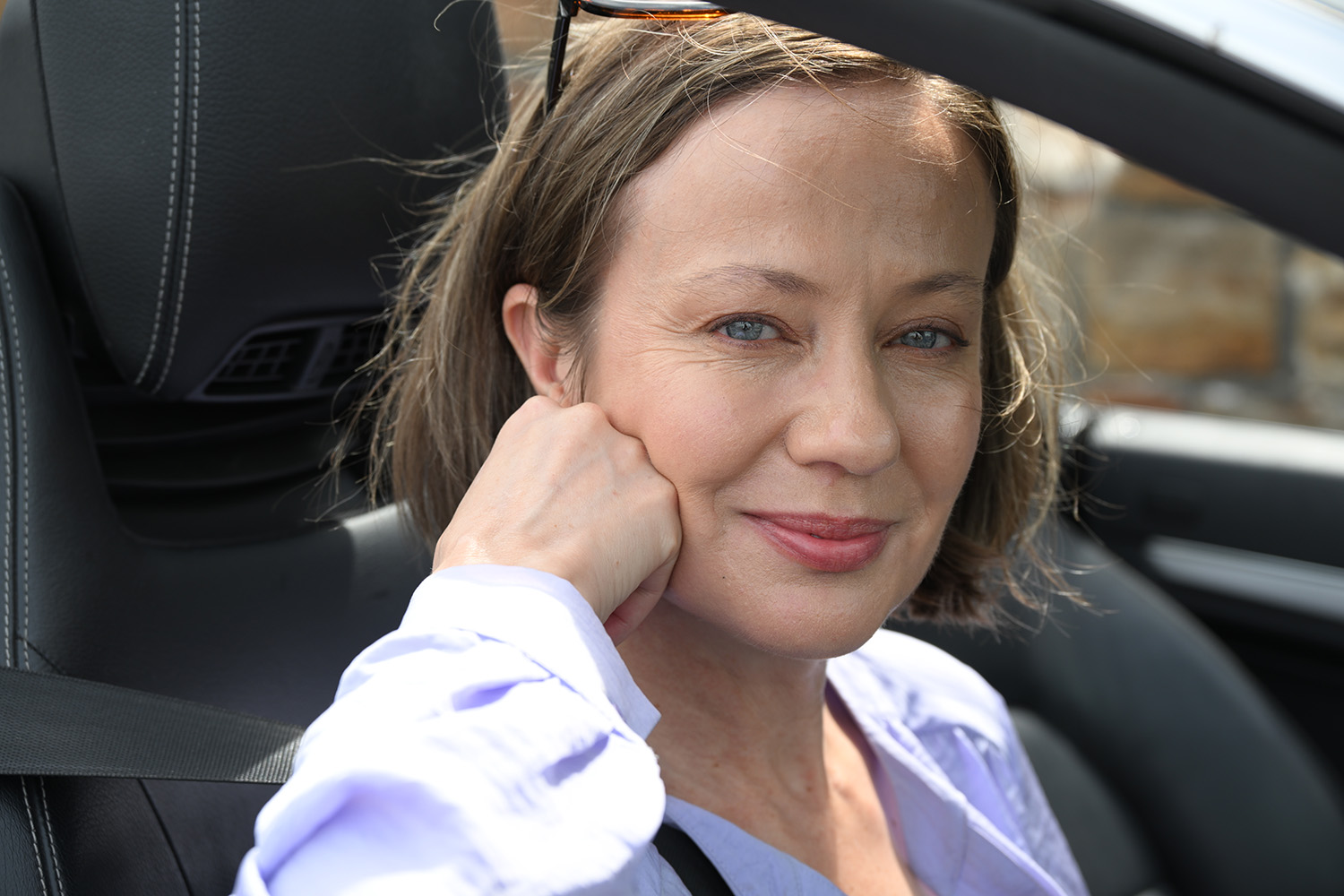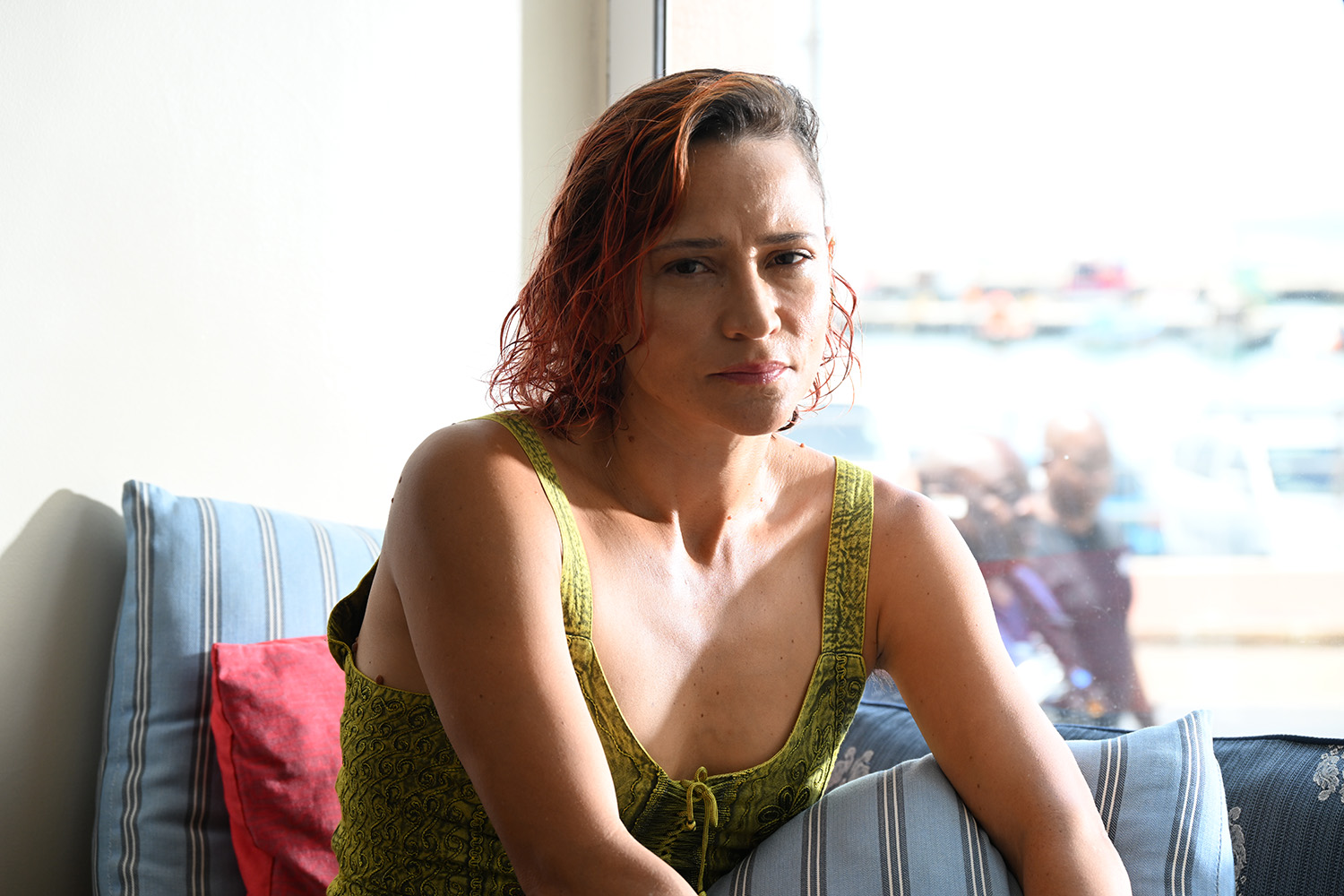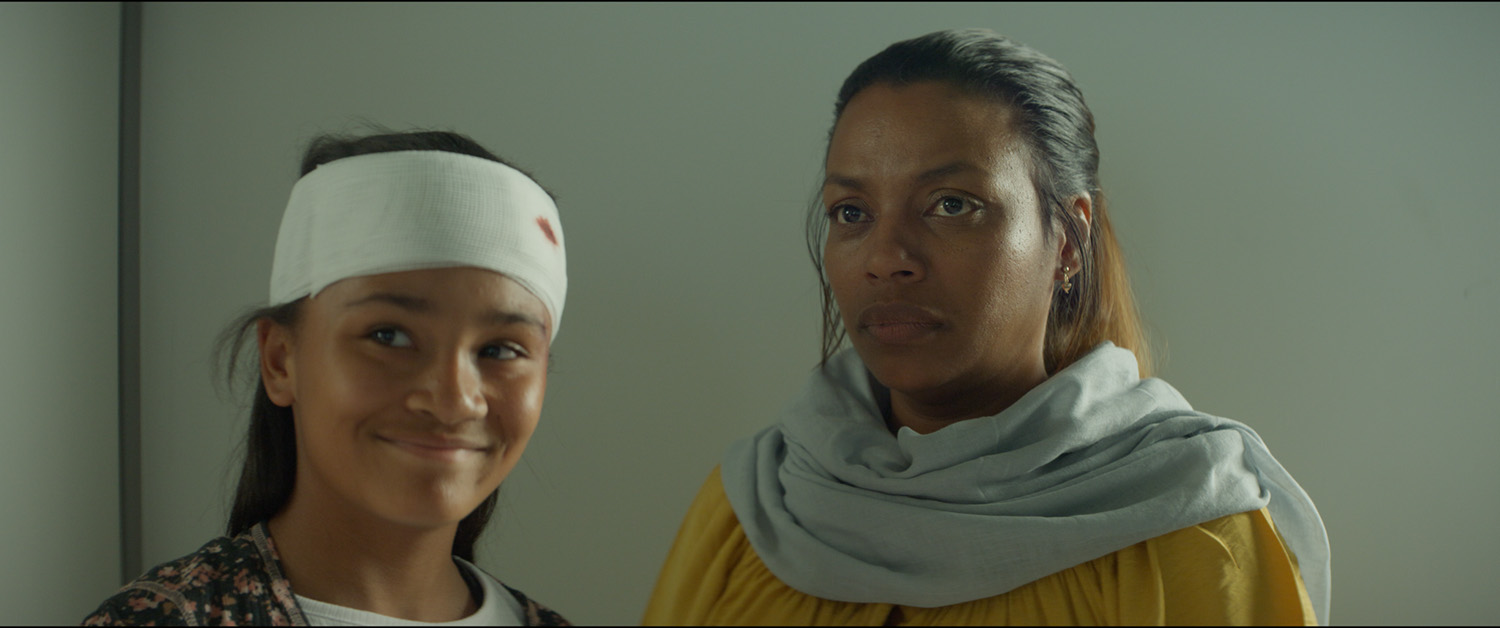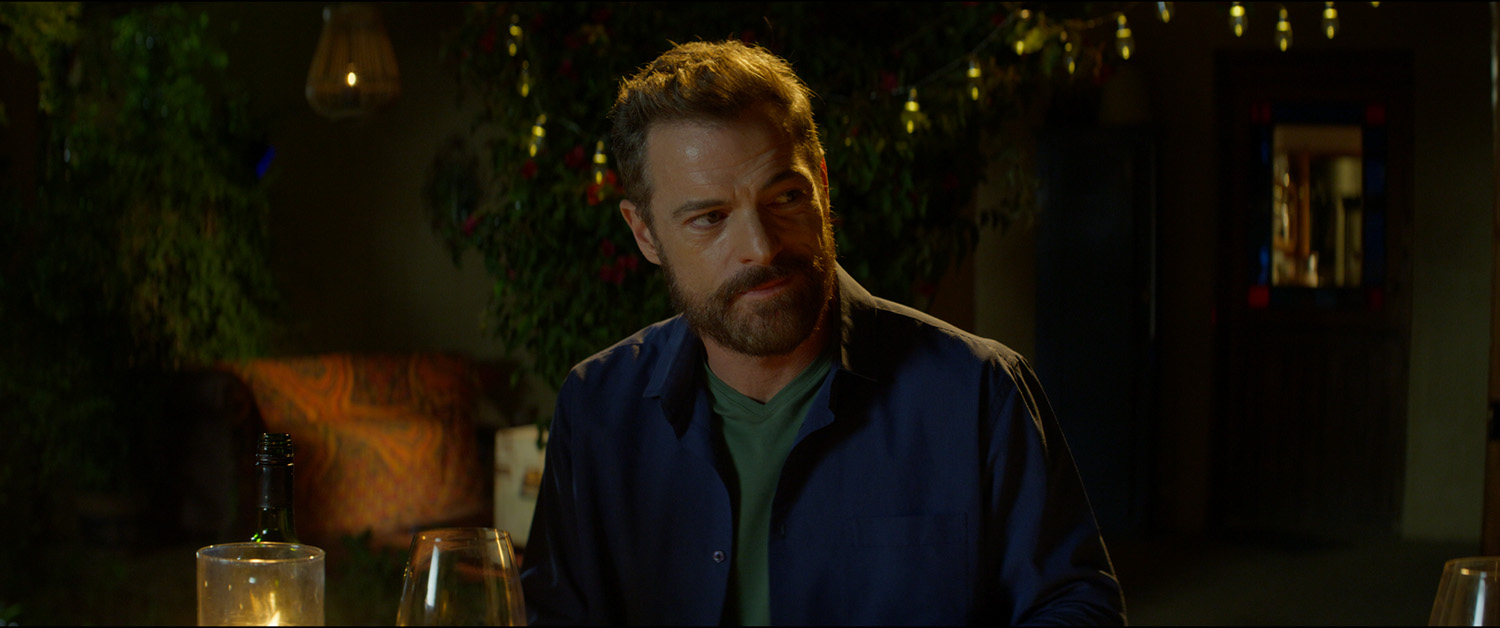



Feature film: Die dekonstruksie van Retta Blom
Producer Catharina Weinek and director Pieter Grobbelaar take viewers on an emotional journey of love, sorrow, humour, friendship, betrayal and self-discovery in the movie Die dekonstruksie van Retta Blom. Together with screenwriter Henriëtta Gryffenberg, they capture the essence of Zelda Bezuidenhout’s popular book on the silver screen.
Antoinette Louw plays the role of the complicated Retta Blom. On the surface it looks as if her life is perfect, but as the story progresses, it becomes clear that things are not what they seem.
Catharina, Pieter and Henriëtta talk about the movie.
Henriëtta, some of the most successful films are adaptations of books. Why is this type of movie so successful?
The tendency to base movies on books is motivated by the fact that successful books have already proved that they resonate with readers. To make a movie is much more expensive, so it makes financial sense to bet on a winning horse. A film’s target market is bigger, though, therefore the adaptation of the story must cater for the tastes of a more diverse audience.
How did you manage to create a screenplay that retains the book’s essence and still honours the original story?
Henriëtta: From 2021 to 2023 when filming started, the screenplay went through 17 drafts. As a book, Die dekonstruksie van Retta Blom covers a rich variety of themes, but what stood out most, was the issue of truth versus deception. I thought the story was ideal for a coming-of-age movie, with the narrative focusing on the protagonist’s personal development, self-discovery and the challenges she must face as a 50-year-old!
It brings a refreshing angle to the coming-of-age genre where the protagonist frequently is in puberty. Our Retta has menopause. The tone of the story is light-hearted and funny, but also moving; in the movie version I adapted some of the scenes to be even more cheerful.
I decided to focus on the friendship between Retta and Leigh (Hilda Cronje), because Leigh doesn’t fit into Retta’s seemingly perfect world. Leigh is a compelling antagonistic mentor who challenges Retta to re-examine her existence and her values. She is also instrumental in Retta’s deconstruction process.
The book contained a road trip which reminded me of Thelma and Louise, the groundbreaking film released in 1991 that prompted discussions about gender roles, women’s rights and the depiction of women in the media. I believe this movie will do the same.
It inspired me to create the substory of Leigh, a heterosexual woman in a relationship with a man who is undergoing gender-affirming surgery. These days, the topic of sexual fluidity is important because it challenges the rigid categorisation of sexual orientation, and in the strict world Retta finds herself in, it also demonstrates the pressure society puts on her and other people who do not prefer conventional roles.
The end of the movie, which differs from the book, offers an unexpected twist that doesn’t leave us with easy sugar-coated answers. Yet, it remains true to the original message of the novel. It offers people who have read the book a brand-new experience, and will hopefully inspire those who haven’t, to go and buy the book!
Catharina: The novel shows how a woman can heal her wounds. I also loved the fact that it can be our own Thelma and Louise as well as the story’s emphasis on how friendship can feed our souls. Above all, Zelda’s novel resonates with readers, because it shows how people can reconnect with their souls.
How did you decide on the actors for the roles?
Catharina: Antoinette Louw is one of the best actors in the country. Having worked with her on Tristan Holmes’s The Fragile King, I knew she would be perfect as Retta. Pieter also collaborated closely with our casting director and executive producer, Belinda Kruger. They were responsible for the rest of the magic.
Pieter: We all have different pictures in our mind of what characters should look like, but as a director I permit myself the right to choose the pictures I see. Of course, it doesn’t help if an actor looks like a character but can’t portray them. That’s why I find it important during auditions to direct the actors, so I can see how they respond to direction.
An actor must be like clay in a director’s hands, but also bring something of their own to the table. I also watched their previous work to see how flexible they are. They should be willing to put their vanity aside.
Hilda Cronje (Leigh) was completely dedicated and willing to have her hair cut and transformed into a bad ‘home-made dyed’ look. Antoinette’s hair also had to be cut, dyed and coloured to fit the picture of the character in my mind. I was impressed by Carmen’s previous work and the sensuality she exudes. Francois Coetzer had to lose his artistic look and his hair and beard had to be cut to suit Tobias’s clean-cut appearance.
What do you hope viewers will remember when they think of Retta Blom, the character and the movie?
Pieter: There is life after 50 and after disappointment.
Catharina: It is our hope that the film will promote a zeitgeist where Afrikaans audiences, especially women, will see themselves on the big screen and that they will embrace the idea of belonging. The film focuses on middle-aged women, an age group seldomly depicted – women who dedicated their lives to their families, and who suddenly realise that nothing can be taken for granted. It also shows how we all are connected, despite culture or religion.
What are the three most important themes in this movie?
Pieter: Betrayal, forgiveness and self-discovery.
Catharina: Deconstruction, estrangement and embracing life. It takes a critical view of the idea that none of us are in control.
